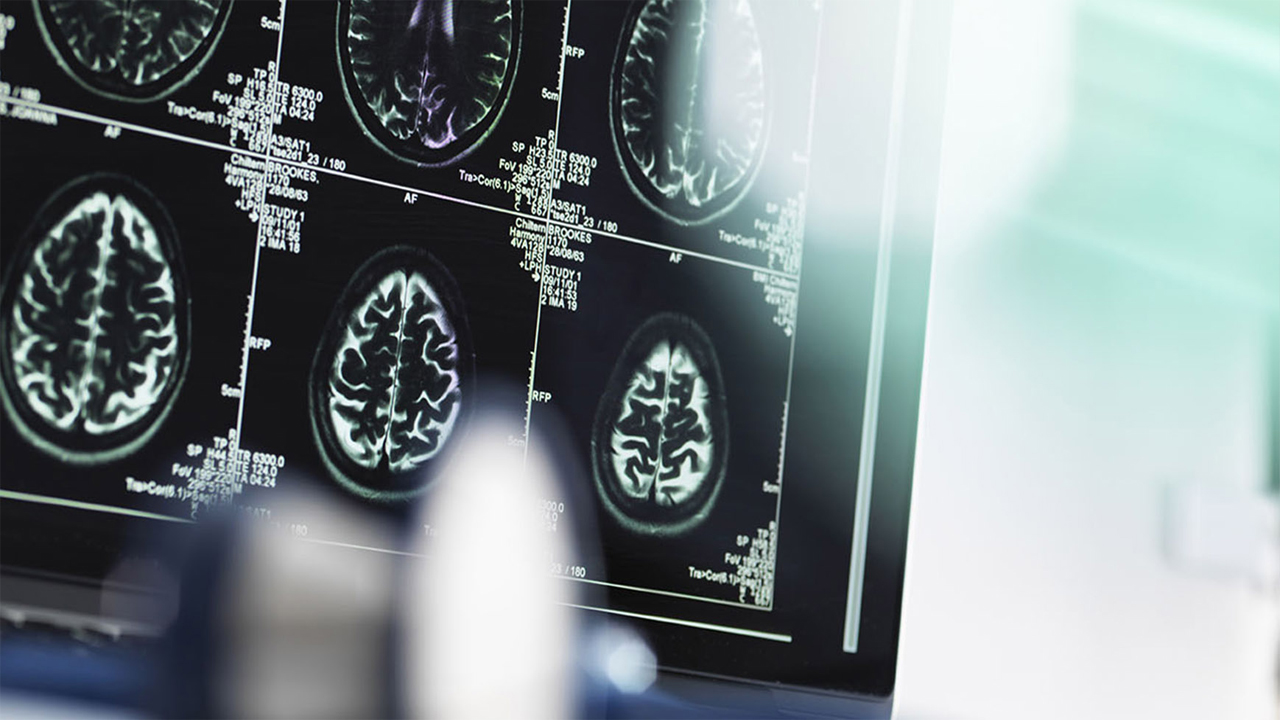EIP Pharma, Inc., a CNS-focused therapeutics company, today provided the full results of the Phase 2 AscenD-LB study in patients with mild-to-moderate dementia with Lewy bodies (DLB) during an oral presentation at the 13th Clinical Trials in Alzheimer's Disease (CTAD) meeting. The study met the primary endpoint, with significant, clinically-relevant effect size improvement in cognition in patients receiving neflamapimod 40mg three times daily (TID) compared to those receiving either placebo or neflamapimod 40mg twice daily (BID), as assessed by a Neuropsychological Test Battery (NTB) designed to evaluate attention and executive function. The positive effect on the NTB was evident at week 4 and was maintained throughout the 16-week study period. Multiple sensitivity analyses (with or without imputation of any missing data) support the primary analysis, demonstrating significantly improved outcomes on the NTB in the neflamapimod TID patients compared to those receiving placebo.
Analyses of secondary endpoints further support that the cognition effects of neflamapimod TID are clinically meaningful, with a statistically significant clinically relevant effect on the Timed Up and Go Test and encouraging positive trends on the 10-item Neuropsychiatric Inventory (NPI-10), particularly with respect to hallucinations, and on the Clinical Dementia Rating Sum-of-boxes (CDR-SB). Throughout the study, neflamapimod was well tolerated.
"The demonstrated positive effects on the AscenD-LB study's primary endpoint, cognition, and as well as on a number of secondary endpoints, establishes proof-of-concept for neflamapimod as a possible treatment for patients with dementia with Lewy bodies. If these findings are confirmed in phase 3 clinical studies, neflamapimod could potentially become the first approved therapy for this devastating disease," said Stephen Gomperts, MD, PhD, Director of the Lewy Body Dementia Unit and Assistant Professor of Neurology at Massachusetts General Hospital, and an investigator in the AscenD-LB study. "DLB is not only the second most common neurodegenerative dementia but is also associated with substantial reduction of patient quality of life and high caregiver burden."
"It is exciting to see the efficacy of potential new drugs for Lewy Body Dementia," said Marwan Sabbagh, MD, director of Cleveland Clinic Lou Ruvo Center for Brain Health. "It is a huge area of unmet need."
"We are very grateful to the study participants in AscenD-LB and their caregivers for their persistence and commitment, especially through the restrictions imposed by Covid-19, and to study site staff and the clinical study operations team, who all together brought this important clinical trial to a successful completion," said John Alam, MD, CEO of EIP Pharma, who presented the results at a late-breaker session during the meeting.
Neflamapimod as a treatment for DLB received Fast Track designation from the Division of Neurology Products at the U.S. Food and Drug Administration in November 2019.

 Results were presented at the 13th Clinical Trials in Alzheimer's Disease (CTAD) Meeting
Results were presented at the 13th Clinical Trials in Alzheimer's Disease (CTAD) Meeting





.jpeg)
.jpeg)
.jpeg)
.jpeg)
_(1)_(1)_(1).jpeg)
_(1).jpeg)


.jpeg)






.jpeg)

.jpeg)

.jpeg)
.jpeg)
.jpeg)
.jpeg)




